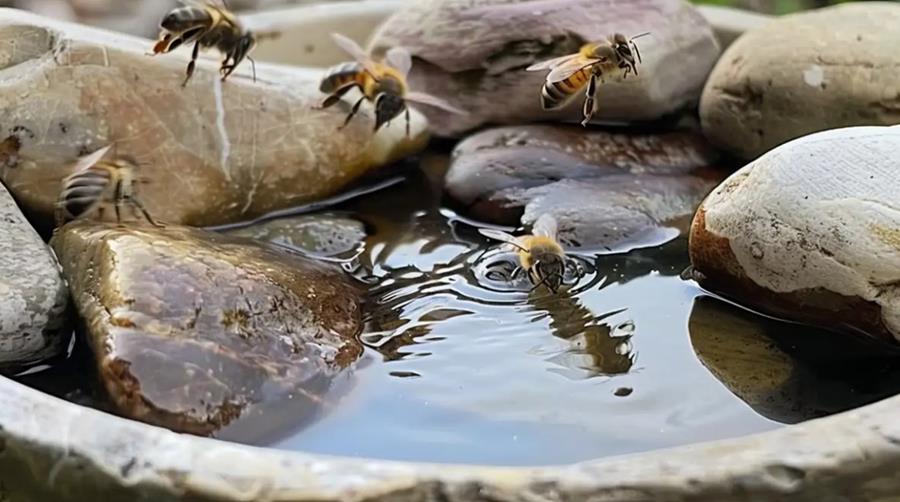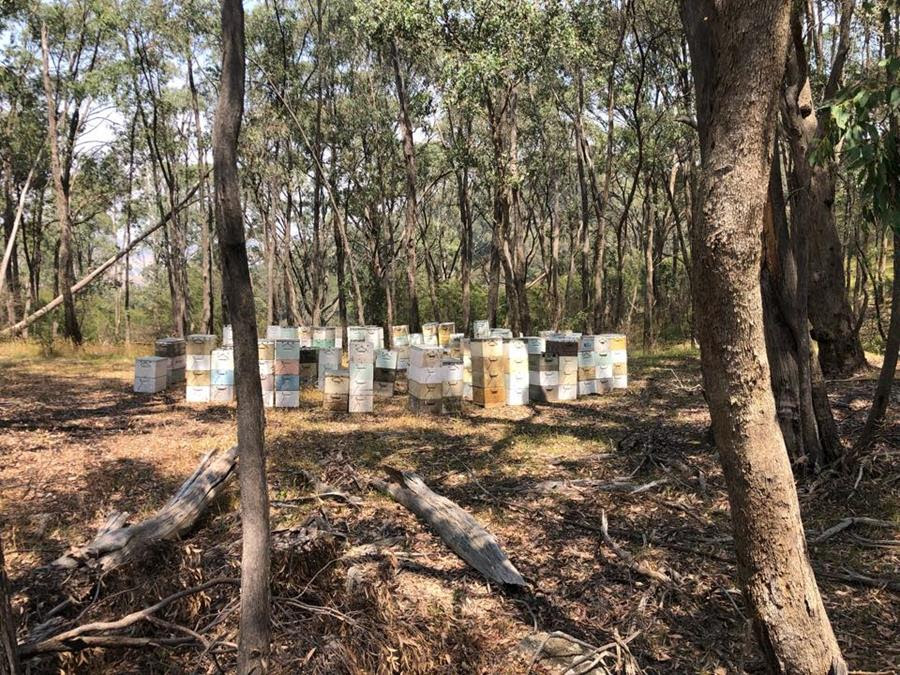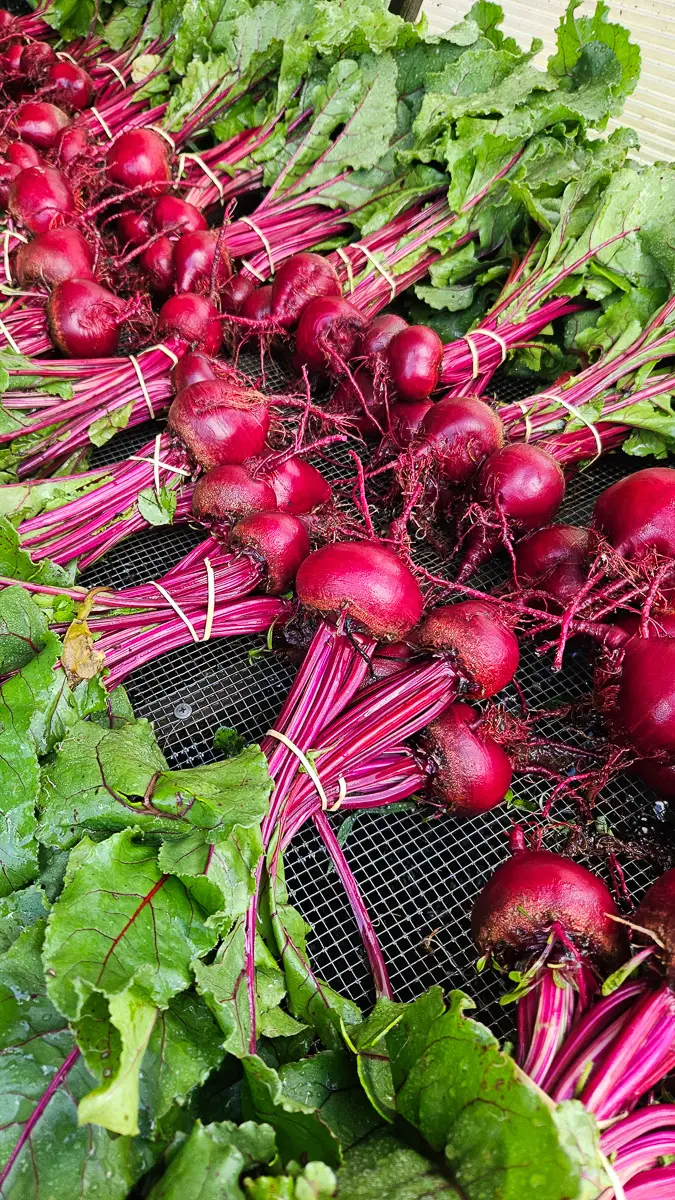
Working bee
Over the weekend I was talking to a beekeeper friend expressing my amazement at the extraordinary organisational and logistical skills displayed by a honey bee colony.
Bees are incredible! he exclaimed. Not many people know this but being a bee is so much more than pollinating and collecting nectar – bees actually live quite varied and meaningful lives.
I feel my brow knit not completely convinced.
He smiles and leans in.
Okay as a bee you go through eight or nine different age-specific jobs that are critical to the survival of your hive.
Your first job straight after you’re born is Nurse Bee; you are responsible for feeding the next generation of workers and drones in their cells.
Then after a few days of nursing you move to your next job, which could not be more different, you become an Undertaker Bee removing dead bees and bee parts and dropping them out of the hive.
And then, when you reach twelve days old and you can produce beeswax you become a Builder Bee and start making honeycomb for egg laying and food storage.
After this your next job is House Bee where you clean other bees and collect the pollen and nectar from the bees returning from fields and forests to the hive.
The other job House Bees do is processing nectar into honey, which you do by chewing it and adding a transformative digestive enzyme.
From House Bee you move into hive evaporative cooling systems.
Here you’ll work as a Water Collector or a Fanner and when it’s hot you’re either flying out and collecting nearby water or you’re standing at the hive entrance and fanning your wings while being spritzed with water creating a cool air flow for everyone else.
If you work hard, do your jobs well you may be lucky enough to be appointed to Queen’s attendant, where you’ll groom and feed the Queen so she can focus on laying eggs.
Otherwise your next role is Guard Bee, which includes keeping the hive safe from threats such as wasps, robber bees, mice, birds and even humans. This may involve going to war with another hive who want to take your honey.
Finally, after you’ve done all the jobs in the hive you become a Forager Bee – you fly out everyday collecting nectar and pollen in a five k radius from the hive.
During your this time you’ll fly about 200 kilometres and collect around a twelfth of a teaspoon of honey before you’re completely spent and you die in a field or garden.
And this all happens in just 30-40 days.
My brow unknits and I have to admit that I’m now feeling quite envious of such a purposeful life.
I ask him how his bees are doing in the hot weather we’ve been having and he explains he’s lost some bees.
If a hive gets up to 37c the brood begins to die. If it gets to 40C the honeycomb can soften and collapse.
One thing we can all do to help while it’s really hot is leave out water.
Any water is good he says – a pond, a little fountain, a dish with stones in it, even a bucket with a rag hanging halfway in and out will do fine.
He recommends putting out a couple of water sources because birds, who also need water when it’s hot, won’t drink with bees.
While we talking bees I think about Fair Food’s beekeepers in the city and the country who are in the middle of extracting the summer’s honey and doing everything they can to keep their bees cool.
A big thanks to:
Lazlo at Beesfriend
Robert from Bee Sustainable
Henry and Mary at Backyard Honey
Moss and Andrew at Central Victorian Honey
Keep cool and have a great week,
Chris

